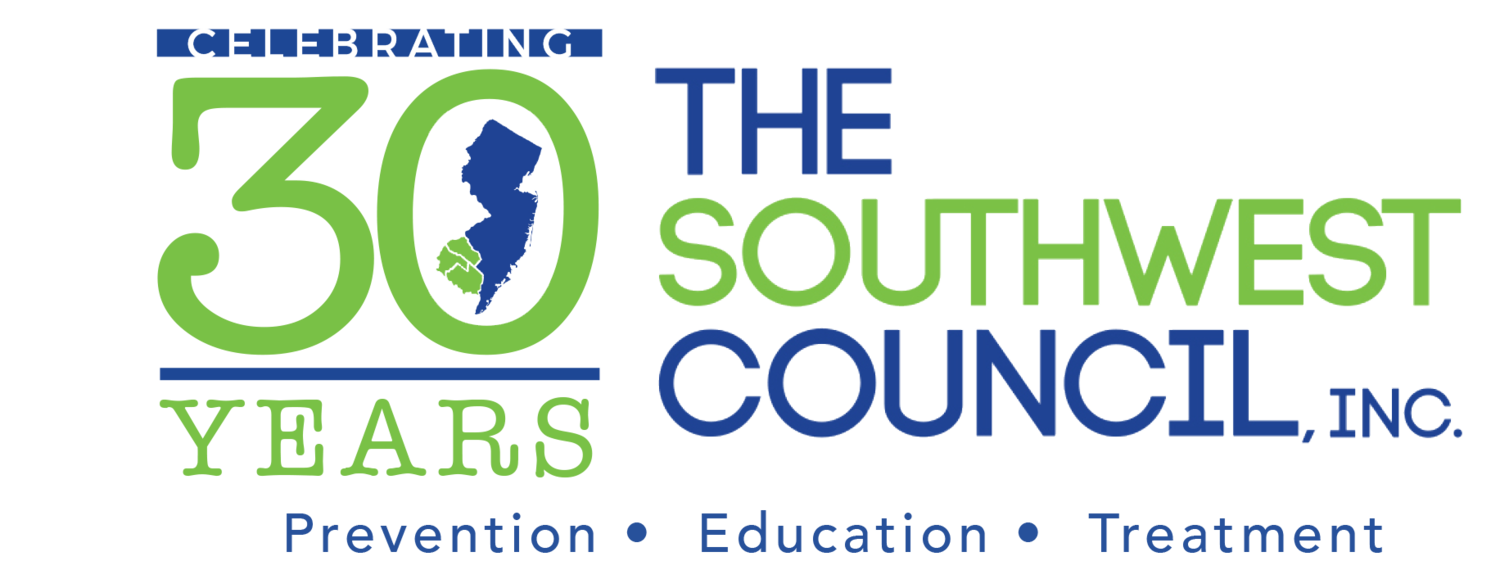By Kevin Allen Jr.
Alcohol is the most commonly used and abused drug throughout the entirety of the United States, and more significantly, the most commonly used drug within U.S. youth. According to the Substance Abuse and Mental Health Services Administration, better known as SAMHSA (2015), by age 15 about 33 percent of teens have had at least one drink, and by the age of 18 that number increases to 60 percent. You may be wondering how these teens gain such easy access to alcohol, and the answer is right underneath your own roof. A survey conducted by the American Medical Association found that nearly one in four teens, aged 13-18, say their own parents have supplied them with alcohol, and two out of three teens, aged 13-18, said it is easy to get alcohol from their homes without parents knowing about it. As parents, it is important to understand the seriousness behind underage drinking and the dangers that can arise from allowing your teenagers to consume alcohol.
“It’s only one drink” is not an excuse for allowing underage drinking to become commonplace within the household. During the teenage years, the brain is doing its most important development; when alcohol is thrown into the mix that development can be seriously disrupted. Some physical consequences that teenage drinking can cause includes: physical illness (hangovers, alcohol poisoning), changes and delays in brain development, increased memory problems, and increased chance of future alcohol addiction (CDC, 2018). Not only are their risks for the youth involved in drinking, but also for the individuals hosting the event. Under social host liability laws, parents are responsible for any underage drinking taking place within their homes. Parents must be aware that supplying alcoholic beverages to those underage is a crime and the parent doing so could be responsible for any injuries which the minor causes or sustains. N.J.S.A 2C:33-17 prohibits anyone from serving alcohol to minors or making their homes available for underage drinking. Both of these offenses are disorderly persons offenses, punishable by up to 6 months in jail and up to $1,000 in fines, as well as any damages awarded in a lawsuit. Parents who supply their children with alcohol are subject to civil and criminal charges. Even though your teenager’s health and wellbeing comes first, it is important to realize that it's not the only thing that is at risk when it comes to hosting a party where underage drinking occurs.
As adults, parents, and concerned community members, there are many courses of action that we can take in order to make sure that teenagers are safe. Parents must understand that they are a major influence on their children’s attitudes and beliefs when it comes to alcohol. Even though it may not be the easiest conversation to have, parents must be able to talk to their teenagers about drinking, both how to drink responsibly when of age, and the risks that come with drinking irresponsibly. Ask your teens if they understand the risks that are associated with drinking underage, and if they know about the consequences that come with it. The Southwest Council is an agency that strives to educate and spread awareness to both youth and adults regarding substance use and abuse. You can find representatives of the Southwest Council within schools providing evidence-based prevention curricula to all grade levels, or within the community working alongside community members on numerous coalition initiatives. If you like to know more about what the Southwest Council can provide for you and your family, please contact us at (856)-794-1011 or visit us online at www.southwestcouncil.org/our-approach.






